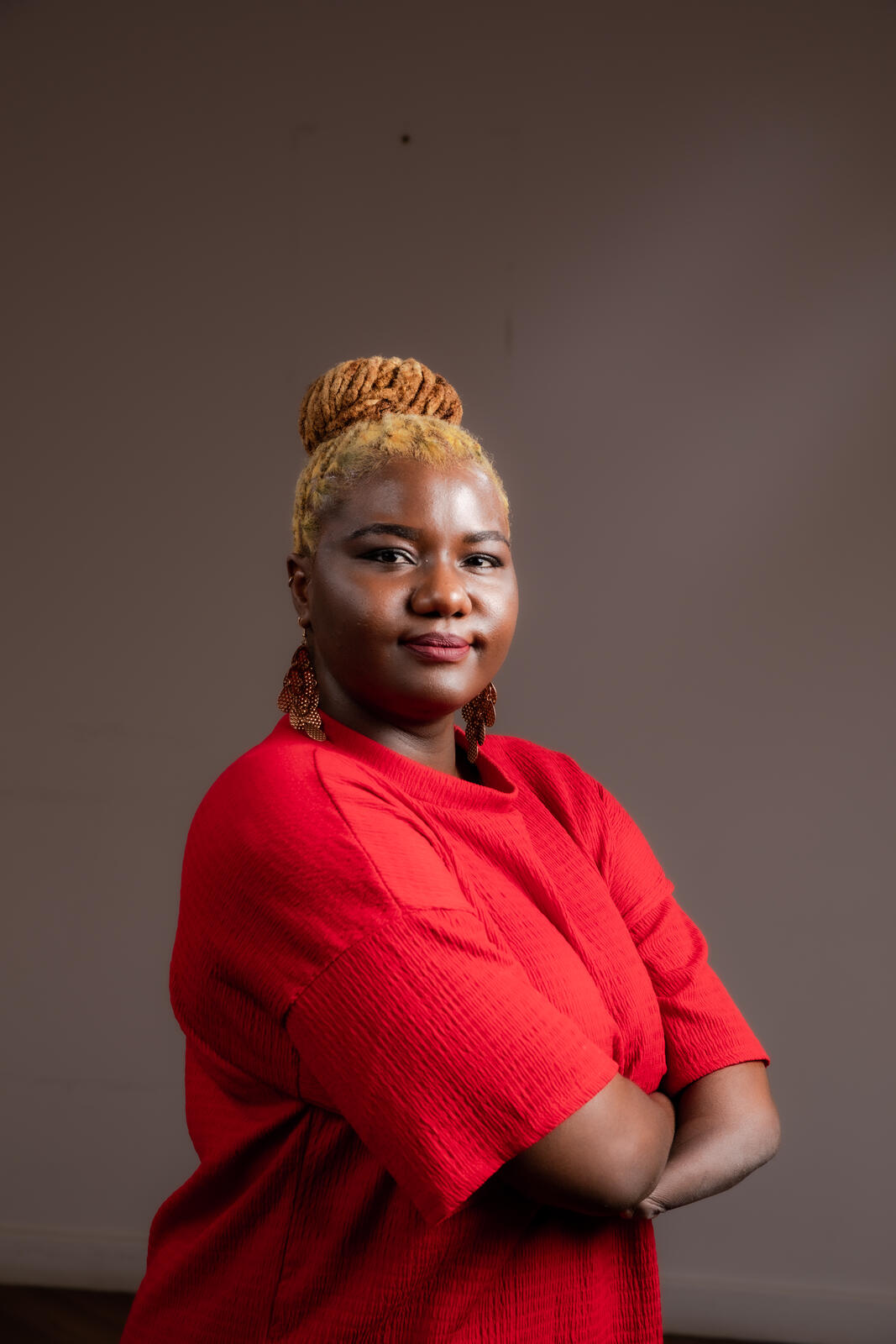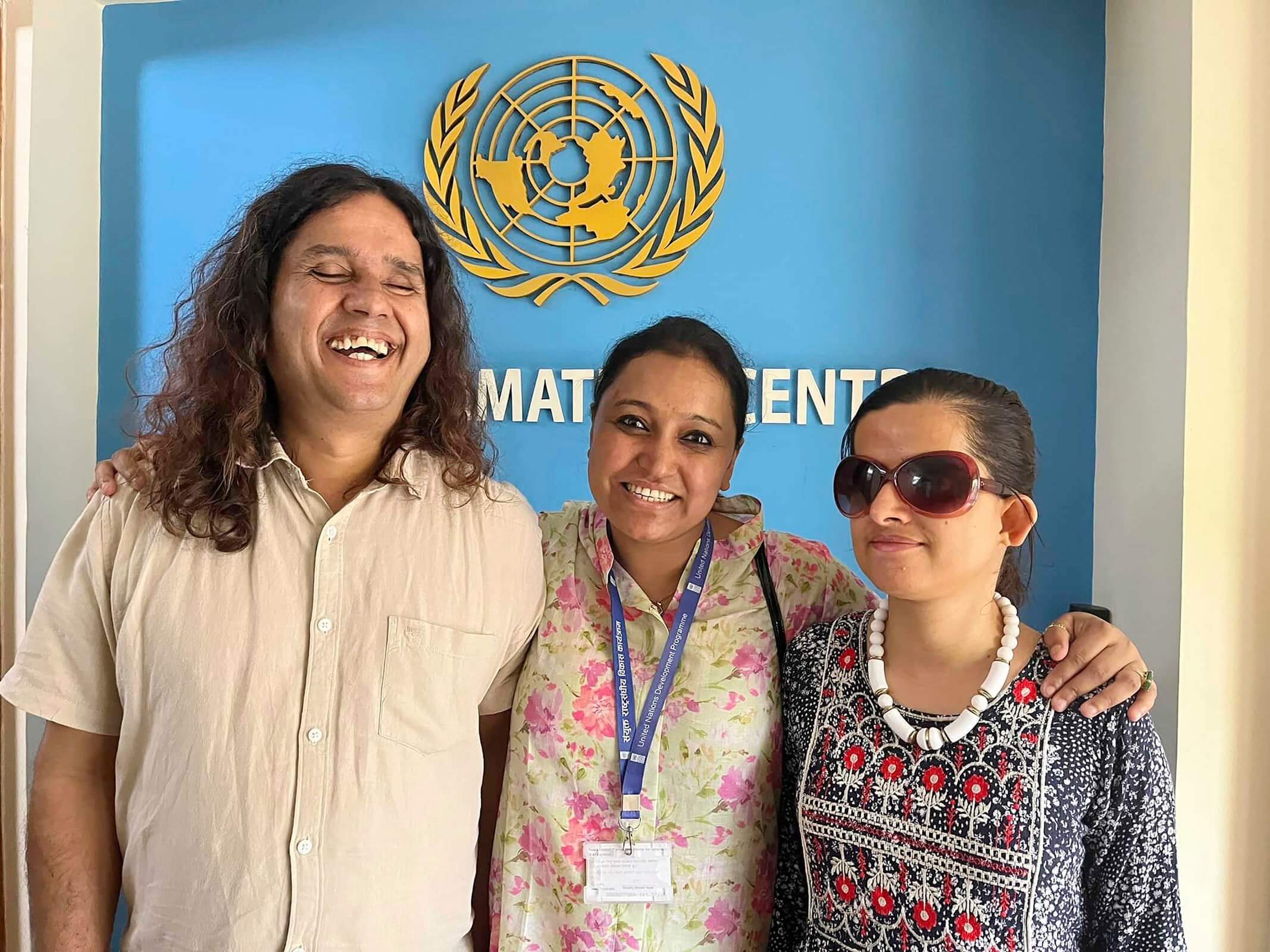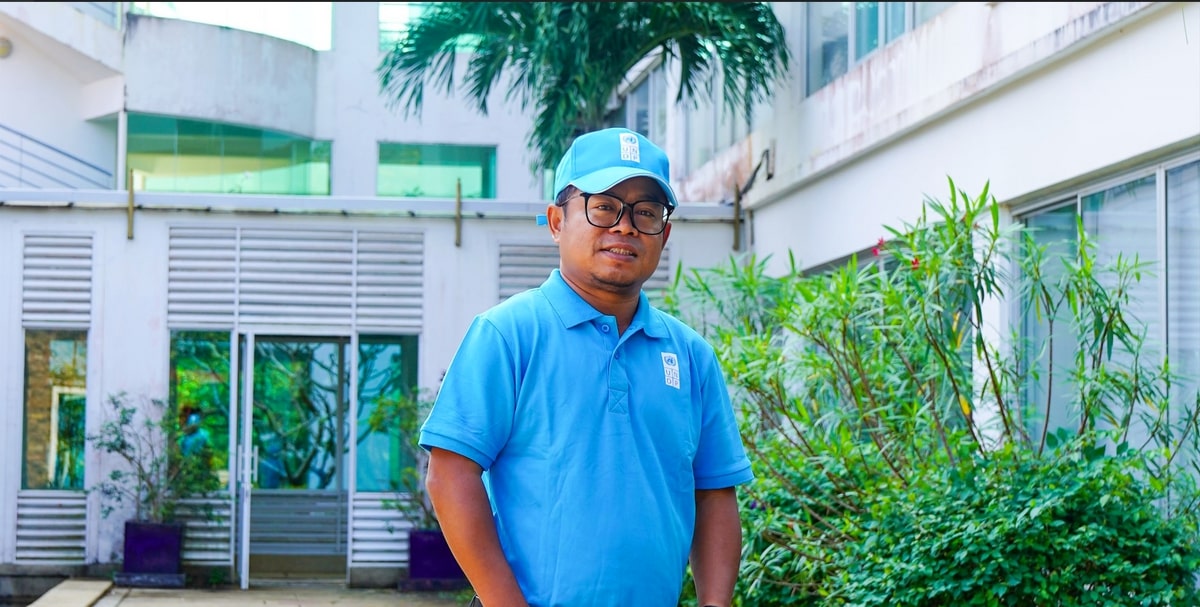

Nichakarn Kaveevorayan: Equal rights though equal economics
Nichakarn Kaveevorayan is a UN Volunteer Disability Inclusion focal point with the United Nations Development Programme (UNDP) Country Office in Thailand.
Nichakarn assisted with creating the Disability Inclusive Development Strategy for UNDP, which focuses on promoting equal rights for persons with disabilities through strengthening economic environment and mainstreaming disability inclusion.
She also participated in delivering capacity building programmes on skills on UNDP policy advocacy and training.
Nichakarn is blind and studied in a special primary school. The transition to a mainstream school and university with non-disabled classmates revealed numerous challenges like attitudinal barriers, inaccessible learning materials and overall non-inclusive systems that pose many limitations for persons with visual impairment.
With the support of her family and friends, Nichakarn went ahead to obtain a graduate degree. She then took up an internship where she further familiarized herself with the Thai disability and employment law and the statistical data. Through this she found out that out of the two million people with disabilities in Thailand, only 20,000 people amounts to one per cent of the population, graduated with a bachelor’s degree or higher.
She had regular interactions with persons with disabilities and that increased the awareness of their challenges as well. All this had a deep impact on Nichakarn. She used these experiences to inform her of the way forward.
“As a UN Volunteer, I encountered two significant challenges due to my disability. The first was related to information and communication accessibility. Being blind, I faced limitations in accessing printed materials. I encountered difficulties with online platforms and websites that were not designed inclusively or screen reader friendly. Another challenge I faced in working towards disability inclusion was the public attitudes and awareness towards persons with disabilities. Many individuals with disabilities face numerous barriers that prevent them from leaving their homes to work, study, or participate in social and recreational activities,” says Nichakarn.
During her volunteer assignment, she was given laptop with screen-reader software that made her carry out her responsibilities. Even though challenges still persist as some online platforms are still inaccessible with screen-readers, but open communication and empathy from his colleagues goes a long way.
“I believe working with UN enables me to reach a large group of people with different disabilities that I could be beneficial for.” Nichakarn words sum up her compassion and solidarity that is the essence of volunteerism. She fondly recalls participating in a community-based tourism initiative led by UNDP Thailand's Accelerator Lab, which led to enhanced services for persons with visual impairment for inclusive tourism.
Nichakarn’s efforts promote awareness on the rights of persons with disabilities and a better understanding of the challenges they face.
This article was produced with the kind support of Online Volunteer Antoinette Gyan. Find out more on how to volunteer online or engage Online Volunteers.



